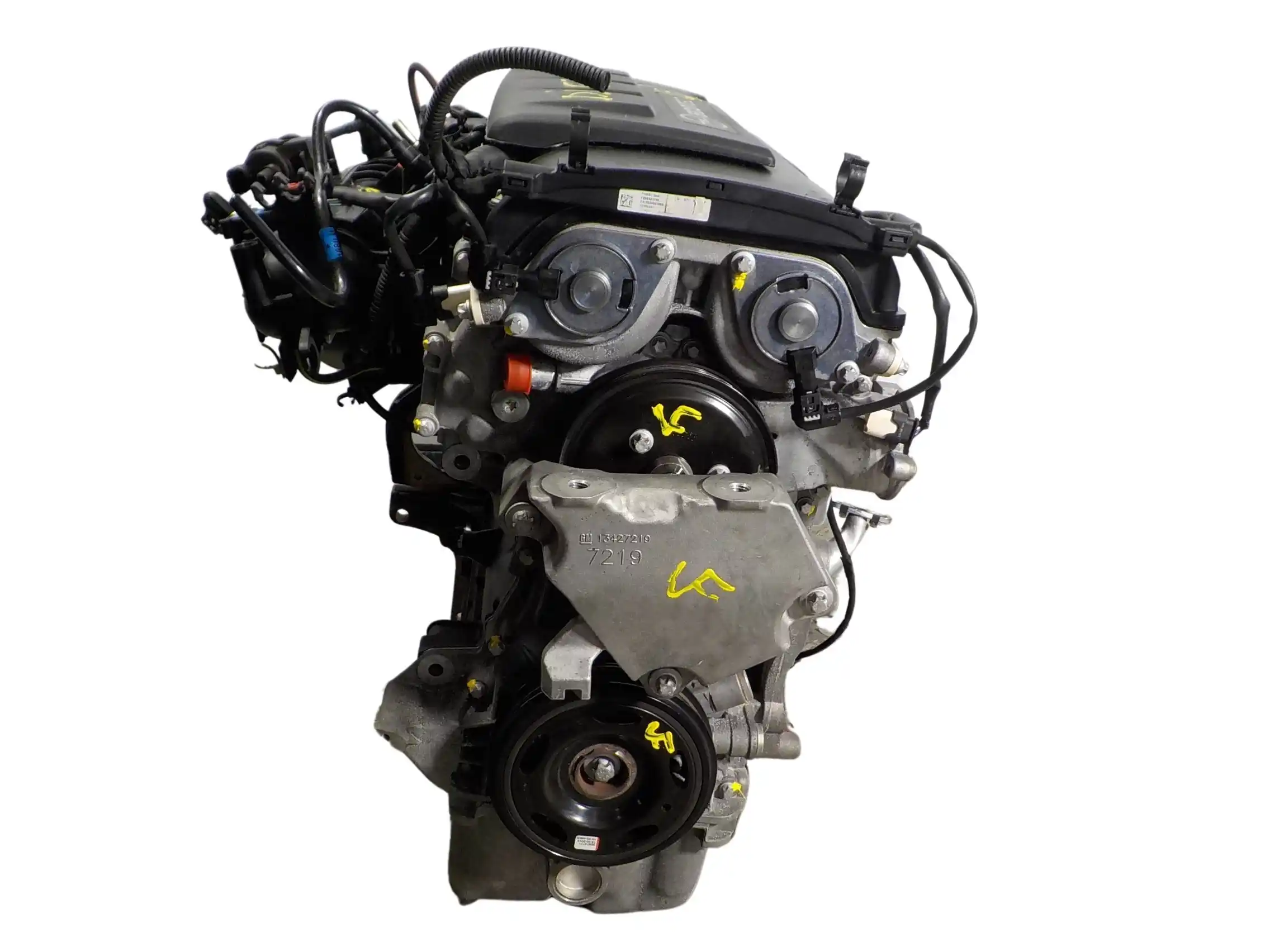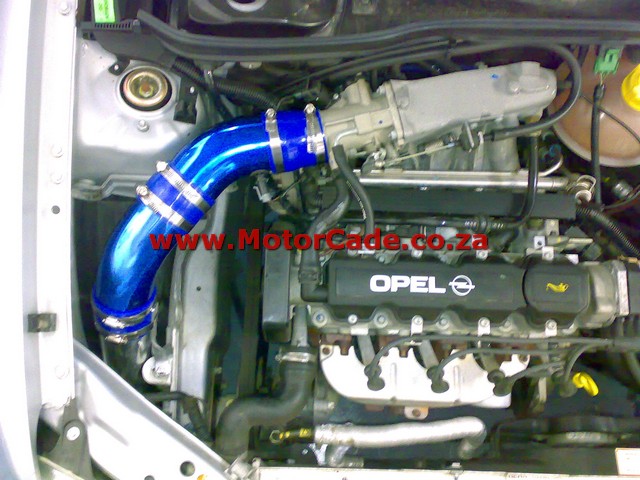Opel Corsa 1.4 Engine Price Overview: Browse the very best Offers at Automobile Parts Central
Opel Corsa 1.4 Engine Price Overview: Browse the very best Offers at Automobile Parts Central
Blog Article
Engine Purchasing Professional Tips on Choosing the Right Engine for Your Certain Requirements
Choosing the right engine for your details requirements involves a complicated interplay of factors that go past simple horse power figures. By delving right into the intricacies of power versus performance, examining fuel rankings, and budgeting for long-lasting prices, one can genuinely optimize their engine option.
Power Vs. Performance: Locating the Balance
When picking an engine, it is crucial to strike an equilibrium between power and performance to satisfy your details requirements properly. Power refers to the engine's capacity to produce power for propulsion, determining elements like velocity, towing capability, and overall performance - Opel Corsa 1.4 Engine Price. On the various other hand, efficiency associates with exactly how well the engine makes use of fuel to produce power, influencing elements such as gas economy and environmental kindness
Achieving the ideal equilibrium between power and effectiveness is crucial because an engine that is too powerful might consume excessive gas, bring about higher operating expenses and unneeded strain on the atmosphere. On the other hand, an engine that focuses on efficiency over power may result in sluggish performance, specifically sought after situations like pulling hefty lots or driving uphill.
To make an informed choice, consider elements such as your normal driving problems, the designated usage of the lorry, and your individual choices. By evaluating your requirements and concerns, you can choose an engine that strikes the ideal balance in between power and performance, ensuring optimal efficiency while minimizing ecological influence and operating prices.
Comprehending Engine Size and Kind
To even more fine-tune the selection process of an engine that strikes the optimal balance in between power and efficiency, it is vital to dive right into the ins and outs of recognizing engine dimension and type. Engine size refers to the complete quantity of air and fuel that can be pressed with the engine cylinders. It is generally measured in litres or cubic centimeters. Larger engine dimensions normally lead to even more power output but can also bring about reduced fuel efficiency. On the various other hand, smaller engine sizes are typically much more fuel-efficient but might compromise some power.
Furthermore, engine kind plays a critical function in determining the efficiency characteristics of an engine. Usual engine types include inline engines, V engines, and rotating engines, each with its distinct benefits and drawbacks. The engine kind affects aspects such as the engine's size, weight circulation, and power delivery. Recognizing the interplay in between engine dimension and type is crucial in selecting an engine that straightens with your particular demands and priorities, whether it be power, effectiveness, or an equilibrium of both.

Consider Your Lorry's Demands
Considering your car's needs is an essential action in the engine choice procedure to guarantee optimal efficiency and functionality. It is vital to assess variables such as the meant usage of the car, its weight, lugging capability, and fuel effectiveness needs. If you are looking for an engine for a durable vehicle that will be utilized for towing, you will certainly need an effective engine with high torque capacities. On the other hand, if you are picking an engine for a compact auto mainly utilized for city commuting, fuel performance may be a much more critical element to think about.
In addition, the surface on which the lorry will largely run need to affect your engine choice. If you often drive in mountainous or uneven areas, a robust engine with good climbing power will be needed. Alternatively, for level terrains, a more fuel-efficient engine may suffice. By aligning the engine specifications with your vehicle's needs, you can make certain that your lorry runs effectively and meets your efficiency expectations.
Examining Fuel Performance Scores
Analyzing gas efficiency scores is a critical element of choosing the appropriate engine for your automobile, ensuring expense financial savings and ecological sustainability. Gas performance ratings, commonly determined in miles per gallon (MPG) for fuel engines or kilowatt-hours per 100 miles (kWh/100 miles) for electrical engines, show exactly how much an automobile can take a trip on a certain amount of gas or electrical power. Higher MPG or reduced kWh/100 miles values signify extra efficient engines, converting to minimized gas prices and reduced carbon discharges.
Additionally, useful site compare various engine options within the very same vehicle class to recognize the most economical option. Factors such as engine dimension, weight, aerodynamics, and hybrid or electrical capacities can all influence fuel effectiveness.
Budgeting for Long-Term Prices
Strategically planning for long-term expenses is essential when picking an engine, making certain economic sustainability over the lorry's life-span. While the first acquisition rate of an engine is a significant aspect, it is critical to consider the long-term costs connected with upkeep, fixings, and fuel intake. Choosing an extra fuel-efficient engine might have a higher upfront cost however can result in significant financial savings gradually. Routine maintenance, such as oil changes, filter substitutes, and tune-ups, is important to maintain the engine running efficiently and efficiently, minimizing the danger of pricey fixings down the line.
Moreover, researching the schedule and price of substitute components for the chosen engine is vital in budget plan preparation. link Engines with easily offered and economical components can significantly affect long-term maintenance costs. Additionally, taking into consideration the engine's longevity and expected life-span can help prevent unanticipated replacement costs in the future. By thoroughly budgeting for these lasting expenditures and factoring them into the decision-making process, people can pick an engine that not only meets their prompt demands but likewise continues to be cost-effective throughout its lifespan.
Final Thought
To conclude, selecting the ideal engine for your certain demands needs balancing power and effectiveness, recognizing engine size and type, considering your car's needs, reviewing gas effectiveness rankings, and budgeting for lasting prices. By meticulously taking into consideration these aspects, you can guarantee that you choose an engine that fulfills your demands and offers ideal efficiency for your car.
To better improve the option procedure of an engine that strikes the ideal balance in between power and performance, it is crucial to dive right into the details of comprehending engine size and type. Engine dimension refers to check my blog the overall volume of air and fuel that can be pressed with the engine cyndrical tubes. Usual engine types include inline engines, V engines, and rotating engines, each with its distinct benefits and downsides. Comprehending the interaction between engine dimension and kind is important in choosing an engine that lines up with your certain requirements and priorities, whether it be power, effectiveness, or an equilibrium of both.

Report this page